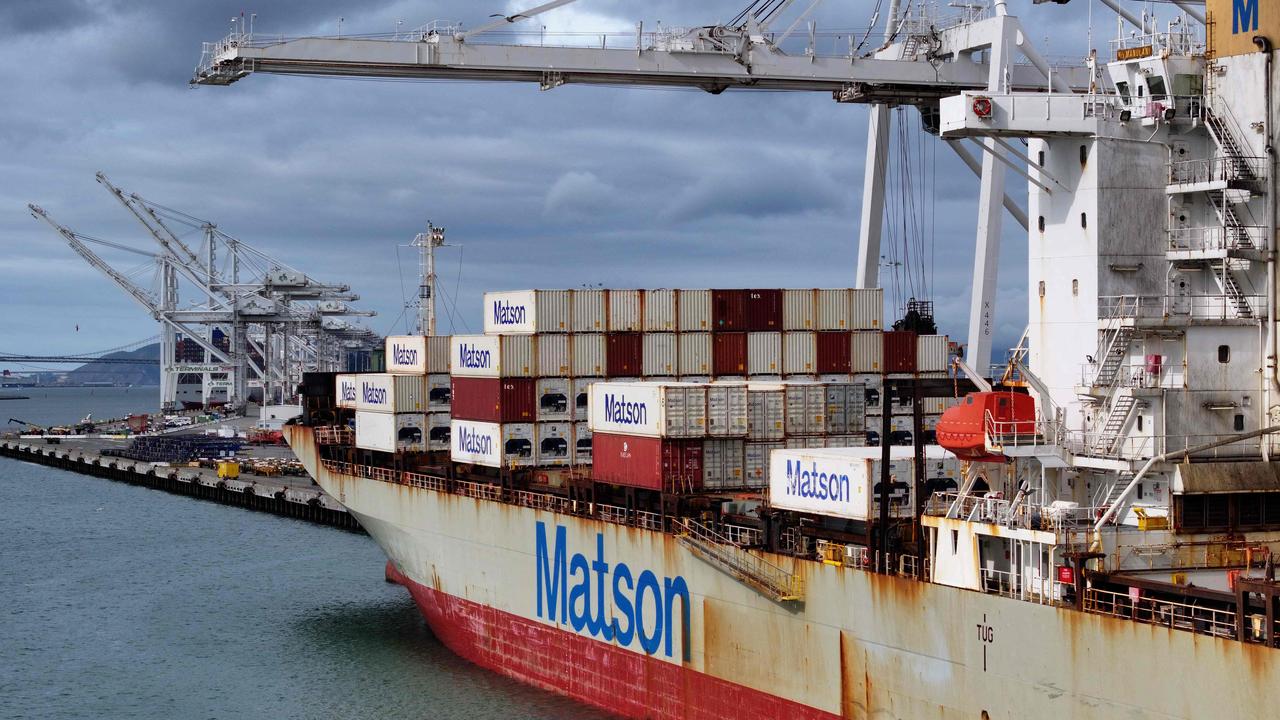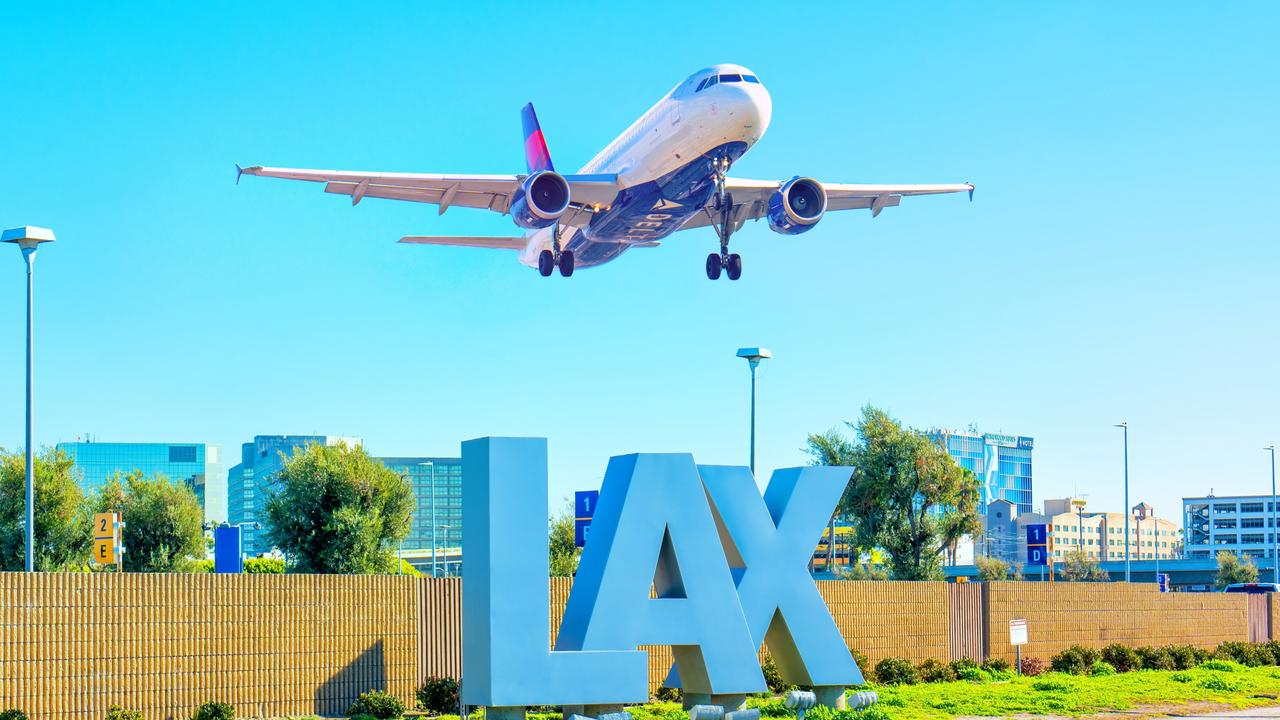Nuclear power inquiry to be told reactors can stop regional communities from becoming ‘ghost towns’
Businessman David Nunn will address a Labor-stacked inquiry to voice his concern that regional communities will become “ghost towns” if coal power plants aren’t replaced with nuclear.
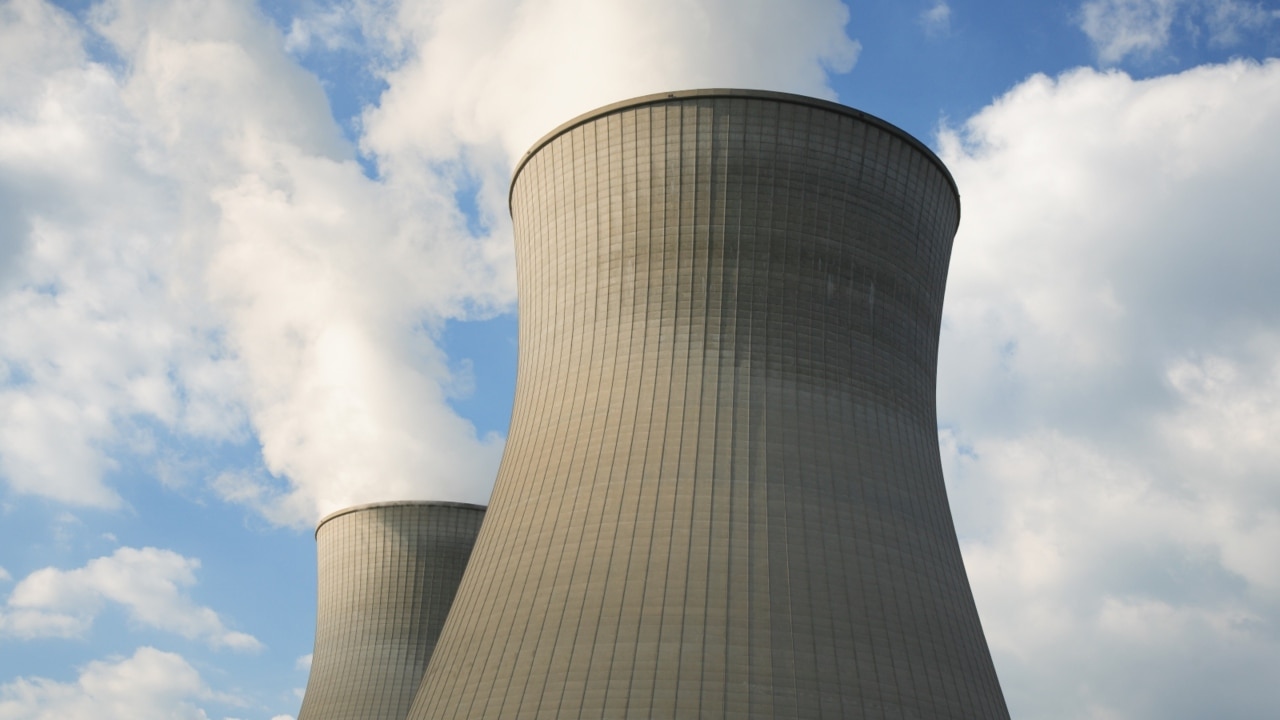
Companies
Don't miss out on the headlines from Companies. Followed categories will be added to My News.
EXCLUSIVE
Australian regional centres are at risk of becoming “ghost towns” if local coal-fired power stations are shut down without plans to replace jobs and baseload electricity generation.
That’s the grim warning a Labor-led parliamentary inquiry into nuclear power is set to receive when it holds its first hearing on Wednesday morning at a site the Coalition has proposed for a reactor.
Central Queensland businessman David Nunn – who will appear before the House of Representatives select committee on nuclear energy at Biloela – told this masthead he would ask the touring politicians to consider the effect of their decisions on the future of the region.
“I just want to put my case forward to say ‘Have you thought about the impact on this community if we haven’t got something lined up before you go about shutting down power stations?’” said Mr Nunn, who runs a major scaffolding operation that services the area.
“I can see this community becoming a ghost town if the Batchfire coal mine or Callide power plant is closed without a plan for what’s next,” he added.
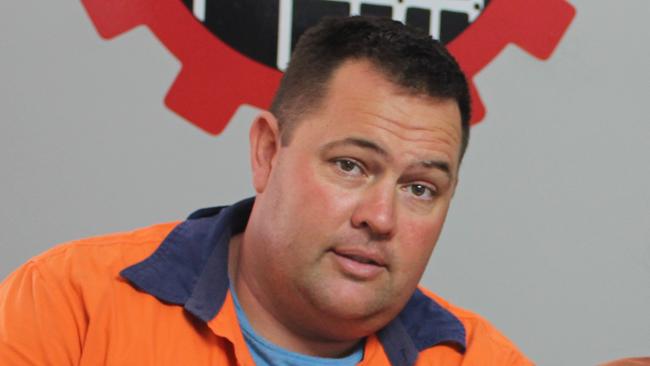
Mr Nunn said he became interested in nuclear after listening to his uncle, who helped establish Sydney’s Lucas Heights reactor.
Australia had the potential to be a leader in nuclear, Mr Nunn said, given its uranium resources. Tens of thousands of secure, well-paid jobs could be created in the process, he argued.
“We should be adding nuclear baseload power to the mix,” said Mr Nunn, who uses solar panels to help power his company’s head office at Gladstone.
Committee chair and Labor MP Dan Repacholi said: “Why would we ignore our natural advantages like solar and wind, when reliable renewables are driving prices down and securing Australia’s energy future?
“Can an Australian nuclear power industry be operational in time for inevitable coal-fired power closures? And if not, what will happen to workers and communities in the meantime?” Mr Repacholi said.
Deputy chair and Coalition climate change and energy spokesman Ted O’Brien said community concerns were heightened after the Australian Energy Market Operator published a plan forecasting coal-fired power stations would close much sooner than plant owners have announced.
AEMO said “to meet government policy objectives … the remaining coal fleet will close two to three times faster than those announcements.”
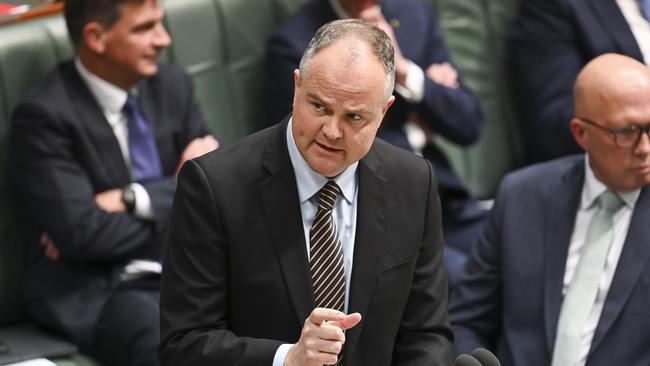
Mr O’Brien said the “complete opposite of that” is actually happening, with Labor governments in Victoria and NSW extending the life of coal-fired plants.
“If the Albanese government is really closing coal they need to tell these communities. If they are not, they are just pretending and virtue-signalling,” said Mr O’Brien, speaking from a pub in Biloela ahead of Wednesday’s hearing.
“We’ve only just arrived here but I’ve already had two chats to local residents and they are unsure about the future of the town,” he said.
The older, state government-owned units of the Callide power station are due to close in 2028. A spokeswoman said there was no timeline for shutting the two newer units, which are partly privately owned. Operators have to give at least three and a half years’ notice. Batchfire coal mine did not respond to a call.
On Thursday the inquiry moves 400km south to Nanango before hearings in regional Victoria, NSW, SA and WA in December.
More Coverage
Originally published as Nuclear power inquiry to be told reactors can stop regional communities from becoming ‘ghost towns’




